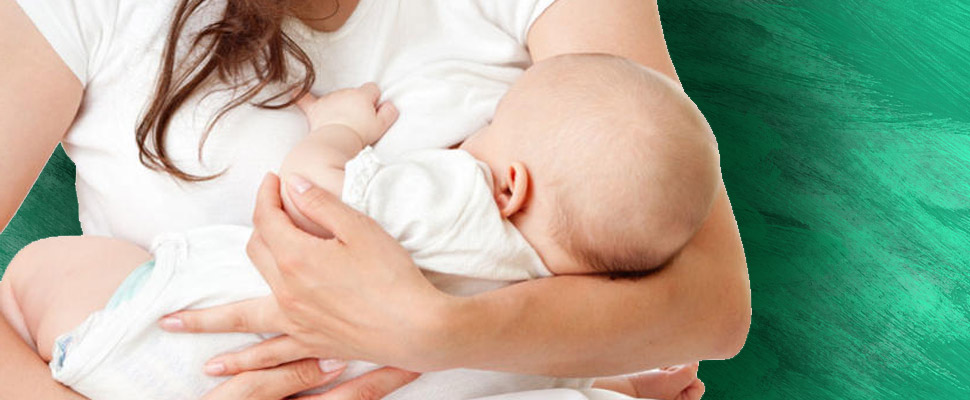Breastfeeding: the main recommendation for having healthy babies
Listen this article
Although the WHO and UNICEF recommend breastfeeding, in some countries, it is not customary to follow this, especially in the richest ones

The leading international organizations suggest breastfeeding because it is of great benefit for babies. However, according to different studies, this custom is not so common in some rich countries. According to Unicef, 1 in 5 babies are not fed once with breast milk. The United States is the country where this happens most.
Leer en español: Lactancia materna: la principal recomendación para tener bebés sanos
To promote health in babies, it has been tried to encourage giving breast milk to babies. This, since it is free and easy to access, is a solution in the poorest countries to prevent diseases in newborns. However, according to the UN, "around the world, every year 7.6 million children do not benefit from breastfeeding."
Also read: This is what you should know about mixed breastfeeding
The main benefit of breastfeeding is that babies begin to acquire defenses and the milk of their mothers is exclusively designed for them, according to a UN report, since there are not two equal mother milk. On the other hand, the risk of using formulas of milk in newborns lies in the ignorance of the waters with which the formula is mixed since in many countries the water is contaminated.
According to the Unicef study, 21% of babies in high-income countries are not breastfed; this happens for the main reason. In these countries, for example the United States, which is the one that most promotes formula milk, there are no facilities for women who decide to breastfeed. The higher the maternity leave, the more it helps babies receive breast milk for longer. But when the work environment and legislation do not favor these times, mothers must quickly choose to give their children formula milk.
The UN has tried to encourage exclusive breastfeeding, in which they ask that babies do not consume any other type of milk, water, liquids or solids, more than breast milk, during the first six months. For this, seeks to disprove what companies say milk formulas when they say that there is no more significant difference in both consumptions.
Also read: Can my baby drink water before he is six months old?
However, countries like the United States have sought to curb these initiatives and side with the companies. In 2018, when a UN campaign was underway to create policies to "protect, promote and support breastfeeding," the United States threatened some countries with tariff retaliation to supporters of this, according to the New York Times.
Breastfeeding in Latin America
Although the road to strengthen breastfeeding worldwide is still beginning, Latin America has high rates. Not only common breastfeeding but exclusive breastfeeding in the region has gained strength. Countries such as Peru, Chile, Bolivia, and Colombia are some with the highest rates and that, also, continue to grow every year.
In countries of Latin America and the Caribbean, it is also usual, as in Africa and some parts of Asia, for mothers to breastfeed their children even after 6 months, sometimes up to 2 years. This has resulted in health benefits for both babies and mothers, as well as easy access for those who do not have economic possibilities.
Among other benefits, it has been proven that mothers help prevent some types of cancer. Also, according to a report in the medical journal The Lancet, "universal breastfeeding could prevent 800,000 child deaths a year worldwide and generate a savings of 300,000 million dollars by reducing costs of health care."
LatinAmerican Post | Juliana Suárez
Translated from "Lactancia materna: la principal recomendación para tener bebés sanos"





